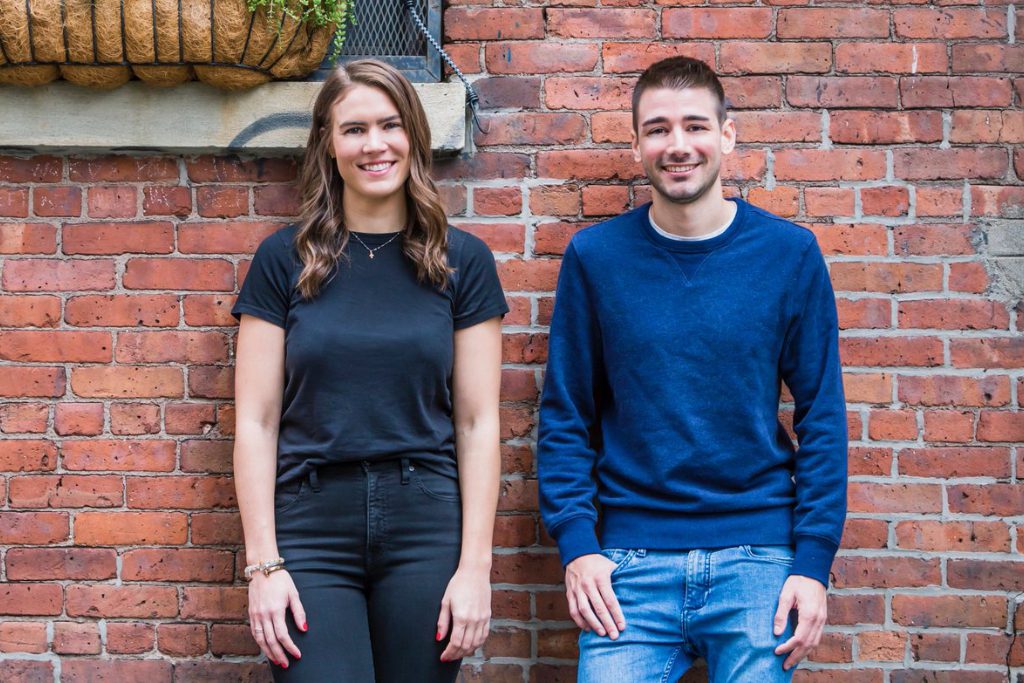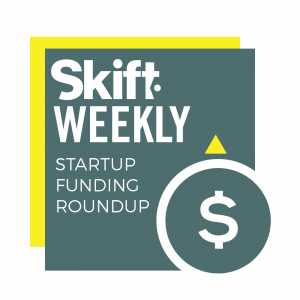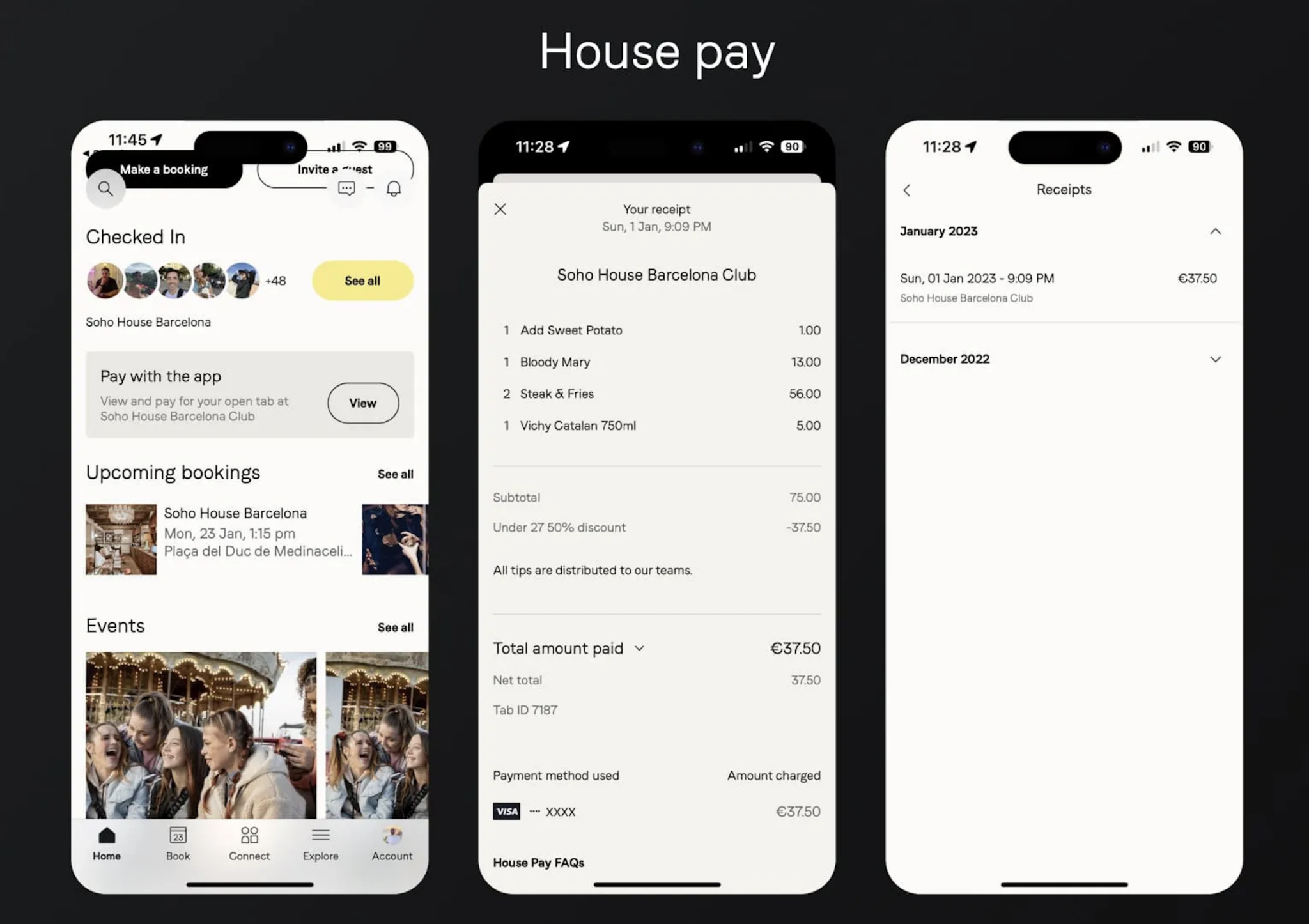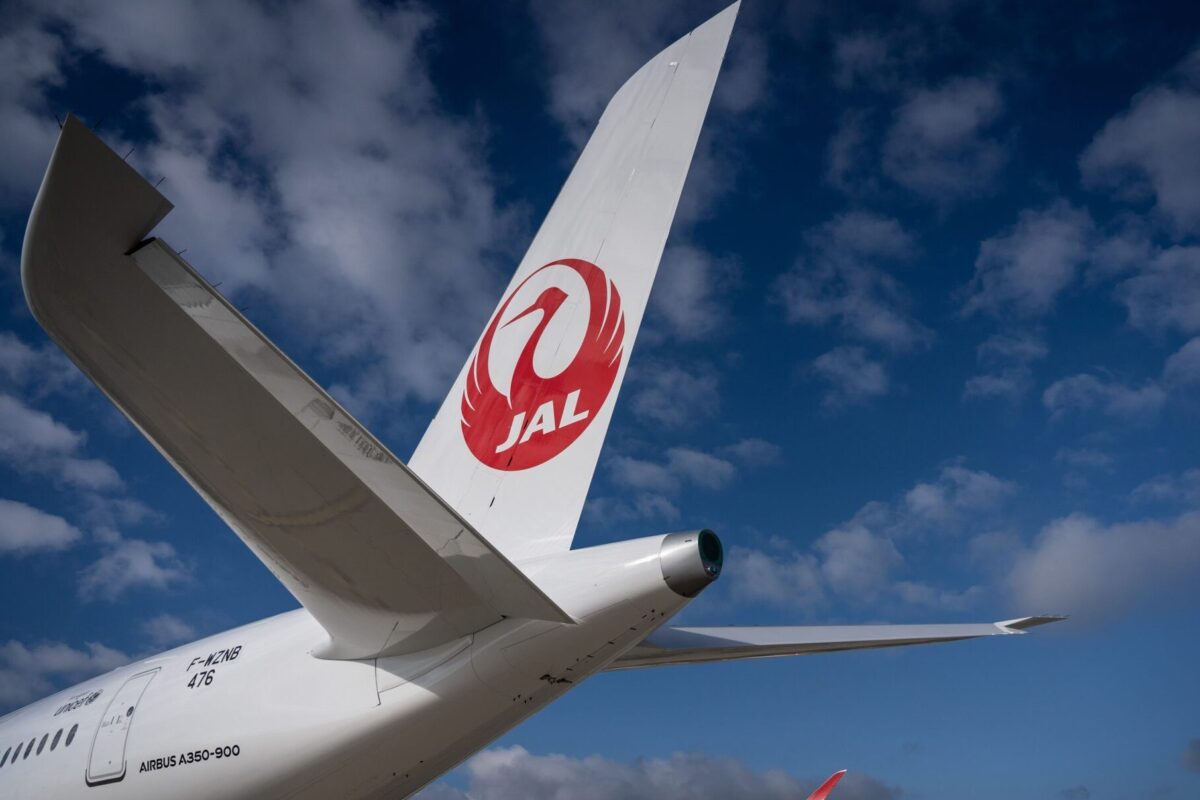Noken Raises $2.5 Million for Trip Planning: Travel Startup Funding This Week

Skift Take

Travel Startup Funding This Week
Each week we round up travel startups that have recently received or announced funding. Please email Travel Tech Reporter Justin Dawes at [email protected] if you have funding news.This week travel startups announced more than $114 million in funding.
Earlier this week we broke the news that WhyHotel, a company that runs pop-up hotels in luxury apartment buildings, had raised $10 million in a Series A round of investment. It had raised $3 million earlier this year.
We also analyzed Grab’s $100 million investment in Oyo, the budget hotel brand.
Here are other young travel companies that recently announced funding.
>>Noken, a trip inspiration app, has raised $2.5 million.
Bessemer Venture Partners, the oldest U.S. venture firm, led the round.
The startup had previously raised a half-million-dollar seed round.
Noken, which relaunched in November after a pivot, gives travelers, especially millennials, advice on visiting Iceland, Portugal, and Japan — with more nations to come. Travelers can tweak the proposed itinerary to fit their tastes. Noken takes a hidden commission on the sales and charges $5 per traveler per trip day, too.
>>Wow Venue, an events booking platform, has raised $1.5 million in seed investment
Strategic investor Pranav Pathak led the round.
The two years old Mumbai-based company will focus on corporate and meetings, incentives, conferences, and exhibitions, though Wow Venue can handle a variety of event types.
Skift Cheat Sheet:
We define a startup as a company formed to test and build a repeatable and scalable business model. Few companies meet that definition. The rare ones that do often attract venture capital. Their funding rounds come in waves.
Seed capital is money used to start a business, often led by angel investors and friends or family.
Series A financing is typically drawn from venture capitalists. The round aims to help a startup’s founders make sure that their product is something that customers truly want to buy.
Series B financing is mainly about venture capitalist firms helping a company grow faster, or scale up. These fundraising rounds can assist with recruiting skilled workers and developing cost-effective marketing.
Series C financing is ordinarily about helping a company expand, such as through acquisitions. In addition to VCs, hedge funds, investment banks, and private equity firms often participate.
Series D, E and beyond These mainly mature businesses and the funding round may help a company prepare to go public or be acquired. A variety of types of private investors might participate.
Check out our previous startup funding roundups, here. And also: Skift’s Top Travel Startups to Watch 2018.





